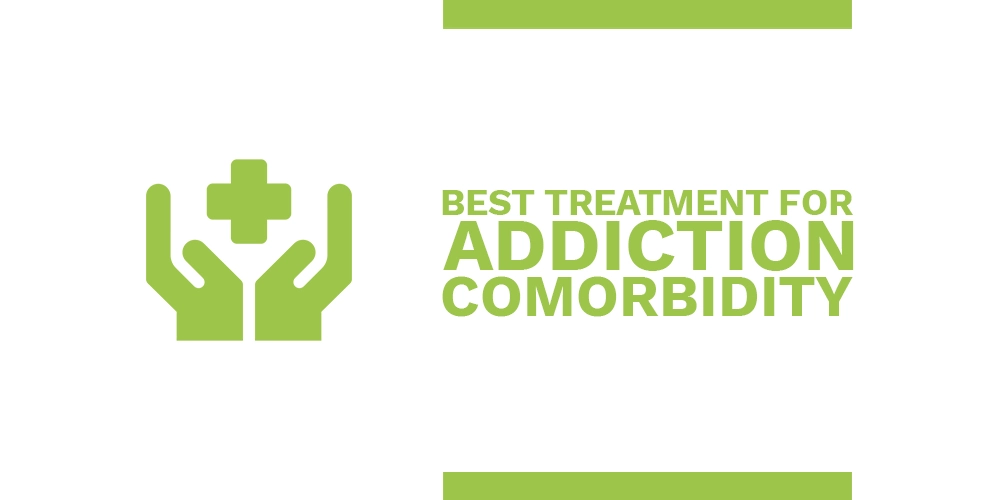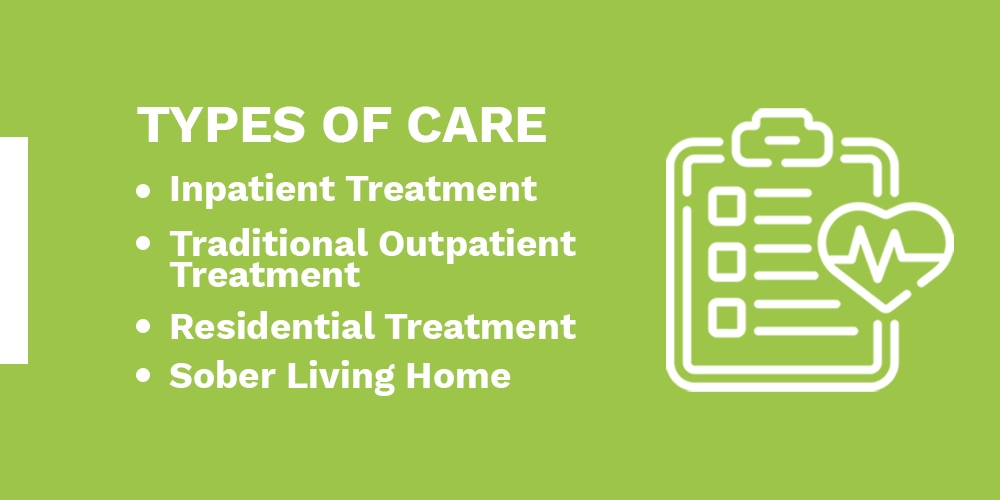According to multiple National Population Surveys, there is strong Connection Between Mental Problems and Drug Abuse. People with Drug and alcohol abuse problems tend to have Mental Issues and vice versa. Though these kinds of findings are very few related to youth, but adolescents are prone to these kinds of mental issues. Out of the total of Drug abuse, 60% cases of adolescents going through Drug Rehab Programs also meet mental health experts.
According to these population surveys, Substance Abuse Disorder are connected to:
- Anxiety Disorder
- Panic Disorder
- Post-Traumatic Stress Disorder
- Depression and bipolar disorder
- Antisocial personality disorder
- Borderline Personality Disorder
Usually, Adolescents have a developing mind and they certainly mature last as far as their cognitive decisions are concerned. According to another study, youth, and adolescents with developing bipolar disorder, may develop Substance Abuse Disorders.
Above findings prove the Connection Between Mental Problems and Drug Abuse. Now, let’s discuss a bit more about this relation in details below.
Is Addiction a Mental Health Disorder?
What we commonly understand as addiction is classified as substance use disorder [SUD]. It is characterized by an uncontrollable impulse to use a substance regardless of the personal costs and consequences one experiences.
Medical organizations like the National Institute on Drug Abuse [NIDA] and the American Psychological Association [APA] consider it an illness of the brain 1. This has been observed with brain scans. They reveal reduction in activity of the prefrontal cortex: the area of the brain that regulates decision making of addicted individuals.
But SUD is not just an illness of the brain. It’s effects on the user alter, thoughts, feeling and actions which according to the National Institute on Mental Illness qualifies it as a mental disorder2.
Stereotypes and Stigma Behind Addiction and Mental Illness
More than a quarter of Americans live with a mental health disorder 3. So why are those who suffer from it so frequently misunderstood? One reason is that people tend to associate a disease with physical symptoms while symptoms of mental illness are less obvious; leaving people with mental health conditions to suffer in silence.
Another common misconception is that people with these conditions are trying to make excuses for their behavior. But as the research shows, this couldn’t be farther from the truth.
Unfortunately, many individuals with SUD, and those suffering from other mental health disorders can find themselves dealing with friends and family who overestimate their ability to exert control. They may feel wronged because of the actions of the addicted individual and as a result are not understanding or supportive. In turn the person struggling with addiction may try to get clean alone when they really need treatment and social support.
Comorbidity: When Addiction and Mental Health are Intertwined
When a person seeking Addiction Treatment is comorbid it means they have one or more additional illnesses to contend with. Comorbidity with a substance use disorder can create additional challenges for recovery; especially in treating and retaining patients in rehabilitation.
In the addicted individual, the interplay between substance abuse and other psychiatric disorders such as: schizophrenia, anxiety, depression, bipolar disorder, and BPD are often complex, multi-varied and multi directional. Here are the primary ways that a person with addiction develops a comorbidity4.
- The person began using to cope with or self-treat an existing mental health disorder.
- The person’s drug use led to changes in the brain that played a role in the development of the mental disorder.
- Genetic, neurological, or environmental factors (e.g., injury or stress) played a role in the development of the addiction4
Comorbidity is Common
Comorbidity is common among people with mental health problems. According to one study, 27% of individuals have a psychiatric disorder. Among them, 45% have one or more disorder 5. It is even more prevalent in people with SUD. According to Sheidow et al., 36% to 40% of young adults both in and out of treatment condition with a mental health disorder could also be diagnosed with substance use disorder 6.
Best Treatment for Addiction Comorbidity
As new research uncovers the urgent prevalence of comorbidity, many addiction centers are getting wise and increasing both treatment options and specialization of care.
If you have a comorbidity, your highest priority is to find a program with a “wide range of treatment methods”7. As your treatment progresses, you also want to feel confident that you can work closely with staff to modify your treatment plan as needed.
Before pulling the trigger on a Rehabilitation Center, you need to determine what treatment setting is best and whether these final contenders offer the evidence-based treatment options you need. Here are some questions you can ask:
- What is the length of the program?
- What is your program retention rate?
- How do you work to individualize your treatment plans?
- Do you have a multi-disciplinary staff (Psychologists, Psychiatrists, medical doctors, nurses, wellness specialists, spiritual-based counselors etc.)?
- What family support do you offer (Family therapy and visits)?
- What evidence-based practices do you use?
- Do you offer a true 24 hour medically assisted detox?
- Are you covered by my insurance?
- Do you offer post-treatment support?
Types of Care
Depending on what step of the journey you are in, you will need a program that can get you to the next level. As noted below some programs are designed to be intensive and highly involved in while others focus on reintegration and accountability.
Inpatient Treatment
Patients receive full time care in a hospital facility. They undergo a 24-hour detox treatment as well as comprehensive and structed care over a period of 30-90 days.
Traditional Outpatient Treatment
Individuals receive addiction treatment for a few hours a week while living at home.
Residential Treatment
Individuals receive highly intensive, and structured treatment in a non-hospital setting.
Sober Living Homes
A treatment that simulates a home environment to offer more freedom to prepare the person to transition back to living at home.
Nobody should have to go through addiction alone. If you or a loved one is dealing with drug related disorder, Contact Us now at 1-866-233-9439 to learn about a variety of recovery resources available to you
Sources
Chi, T. (2017, April 28). Is addiction a mental illness? Talkspace. https://www.talkspace.com/blog/addiction-mental-illness/.
Choosing the right rehab. Choosing the Right Rehab for You. (n.d.). https://startyourrecovery.org/treatment/rehab-centers/choosing.
Kessler, R. C. (2005, June 1). Prevalence, severity, and comorbidity of 12-Month DSM-IV disorders in the National Comorbidity survey replication. Archives of General Psychiatry. https://jamanetwork.com/journals/jamapsychiatry/article-abstract/208671.
Mental health conditions. NAMI. (n.d.). https://www.nami.org/About-Mental-Illness/Mental-Health-Conditions?fbclid=IwAR397_yQAYLQAgOYTWWA9oXbkDAjtfZejKUFhxxX1exJAww-JjC6Ih28Rco.
Mental illness and substance abuse. NBER. (2002, April 4). https://www.nber.org/digest/apr02/mental-illness-and-substance-abuse.
NIDA. (2010, September). Comorbidity: Addiction and Other Mental Illnesses. Drug Database. https://www.drugabuse.gov/sites/default/files/rrcomorbidity.pdf
Sheidow, A. J., McCart, M., Zajac, K., & Davis, M. (2013, September 9). Prevalence and impact of substance use among emerging adults with serious mental health conditions. Psychiatric rehabilitation journal. https://misuse.ncbi.nlm.nih.gov/error/abuse.shtml












